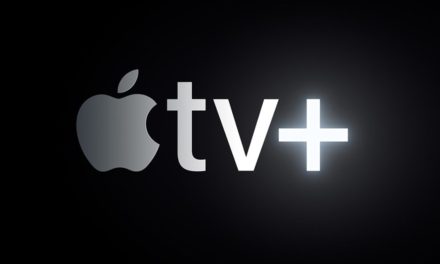Apple has expanded censorship tools use in mainland China to include Hong Kong, according to a report at The Intercep.
From the article: When Safari users in Hong Kong recently tried to load the popular code-sharing website GitLab, they received a strange warning instead: Apple’s browser was blocking the site for their own safety. The access was temporarily cut off thanks to Apple’s use of a Chinese corporate website blacklist, which resulted in the innocuous site being flagged as a purveyor of misinformation. Neither Tencent, the massive Chinese firm behind the web filter, nor Apple will say how or why the site was censored.
This isn’t the first time Apple has been accused of censorship regarding China and other regions. In December 2022, Great Fire, an activist group claimed Apple’s alleged App Store censorship in Russia and Hong Kong attacks “fundamental rights” of its users worldwide.
“The fundamental rights of millions are impacted when Apple does business with authoritarian regimes,” says the group in its announcement of the reports. Issued under the collective name of AppleCensorship, one report details apps such as VPNs that have been removed in Russia.
Here are some highlights from the report:
° “As human rights and fundamental freedoms in the territory shrink, including digital rights, Apple is reluctant to take any commitment to uphold its users rights to access information freely and express their views online.”
° “Hong Kongers’ reliance on mobile apps that are banned in China to communicate and access information make Apple a defect “kill switch” at the disposal of the Chinese censors.
° While Hong Kong’s App Store remains relatively free compared to China’s App Store, a series of tests conducted in 2022 reveal that Hong Kong’s App Store is more restrictive than other App Stores considered “free”. The unavailability of apps in the Hong Kong App Store is higher than most of the 173 App Stores monitored by AppleCensorship.
° In November 2022, a surprisingly high number of VPN and private browsing apps (more than 50) were found to be unavailable in Hong Kong’s App Store.
Article provided with permission from AppleWorld.Today



